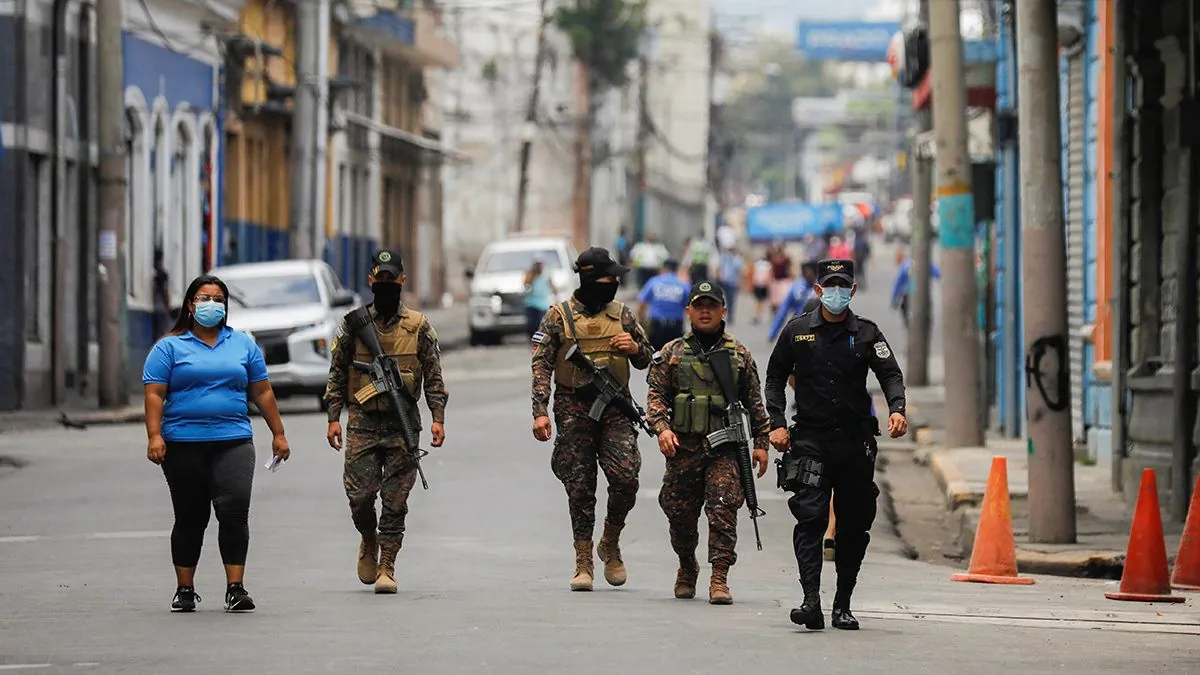In a significant development, several non-governmental organizations (NGOs) in El Salvador have launched a registry for disappeared persons. This initiative, unveiled on August 21, 2024, aims to assist families in locating relatives who have gone missing during the country's extended state of emergency, which was initially declared in 2022 to combat street gangs.
The state of emergency, implemented by President Nayib Bukele's government, has resulted in the detention of over 81,000 suspected gang members. However, this crackdown has not been without controversy. Rights groups argue that many arrests have been arbitrary, based solely on appearance or place of residence. Approximately 7,000 individuals have been released due to insufficient evidence.
Despite accusations of mass human rights abuses, Bukele maintains high popularity in El Salvador. The country has experienced a significant drop in homicide rates, transforming from one of the world's most dangerous nations to having the lowest homicide rate in the region. This success contributed to Bukele's re-election in February 2024, although the country's constitution prohibits consecutive presidential terms.
The newly established registry allows family members to input details of their missing relatives online, creating unique records to aid in the search process. This system aims to standardize data reported by various government agencies, including the National Police, Attorney General's Office, and Institute of Forensic Medicine.
"This is an initial effort to standardize the data and records of the cases."
The registry's creation comes at a crucial time, as recent data reveals a 9.9% increase in reported missing persons cases between January and September 2023, compared to the same period in 2022. Moreover, human rights organizations have documented 327 reports of forced disappearances since March 27, 2022, when the crackdown on gangs began.
El Salvador, the smallest country in Central America, has faced significant challenges with gang violence, particularly from groups like MS-13 and Barrio 18. The country's history of conflict, including a civil war from 1979 to 1992, has contributed to its complex social and political landscape.
While the government's efforts have led to improved safety statistics, concerns persist about potential abuses within the prison system and the detention of innocent individuals. As El Salvador continues to grapple with these issues, the new registry represents a step towards addressing the needs of families affected by disappearances and providing crucial data for policy development and victim search efforts.
